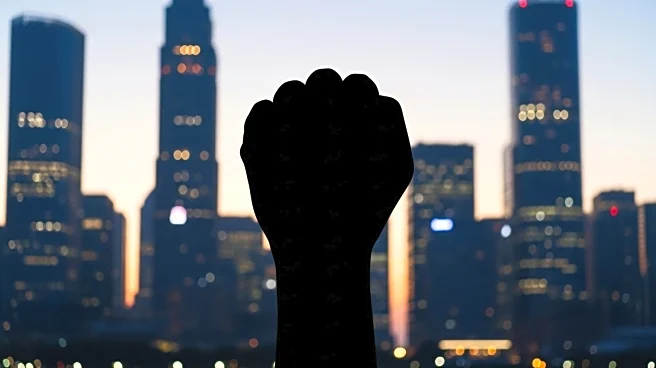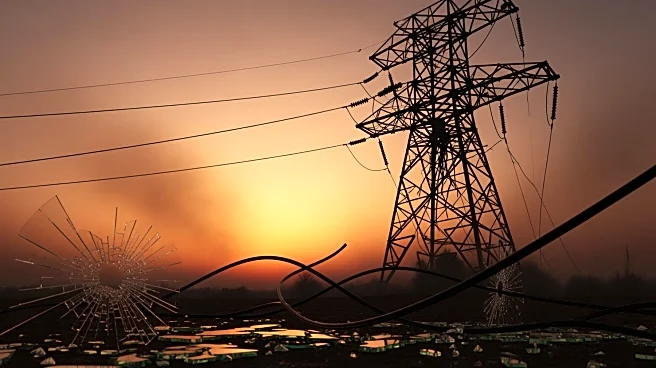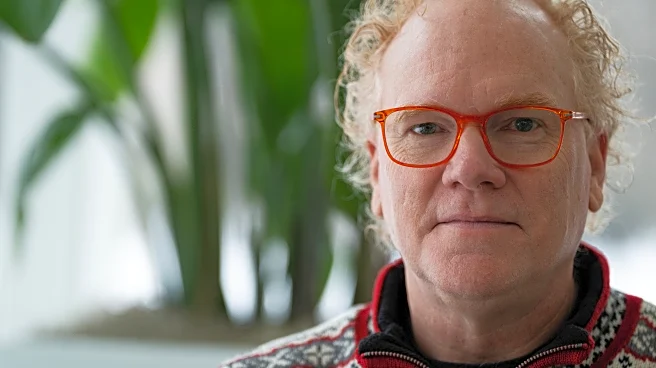What is the story about?
What's Happening?
The Rev. Al Sharpton led a protest march through Manhattan's Financial District, urging corporate America to resist the Trump administration's efforts to roll back diversity, equity, and inclusion (DEI) initiatives. The demonstration, dubbed the 'March on Wall Street,' coincided with the anniversary of the 1963 March on Washington. Sharpton emphasized the importance of maintaining DEI programs, which he believes are essential for business success, innovation, and social progress. The march began at Foley Square, near the African Burial Ground, and proceeded through the 'Canyon of Heroes,' a section of Broadway known for its ticker tape parades.
Why It's Important?
The march highlights the ongoing debate over DEI initiatives in corporate America, which have faced opposition from the Trump administration. These programs aim to create fairer and more inclusive work environments, reducing discrimination against minority groups, women, and LGBTQ+ individuals. The rollback of such initiatives could impact social progress and business innovation. Sharpton's call for 'buy-cotts' in support of companies maintaining DEI principles underscores the economic and social stakes involved, as businesses navigate the balance between conservative backlash and inclusive policies.
What's Next?
The march signals potential increased activism and consumer pressure on corporations to uphold DEI initiatives. As the Trump administration continues its campaign against these programs, companies may face decisions about whether to maintain or scale back their diversity efforts. Civil rights groups, including Sharpton's National Action Network, are likely to continue advocating for DEI policies, potentially influencing corporate strategies and public policy. The upcoming New York City mayoral race, with candidates like state Assembly Member Zohran Mamdani participating in the march, may also bring DEI issues to the forefront of political discourse.
Beyond the Headlines
The march reflects broader cultural and ethical dimensions, as it challenges corporate America's role in promoting social justice and equality. The intersection of business practices and civil rights advocacy raises questions about corporate responsibility and the impact of political decisions on marginalized communities. The event also highlights the historical significance of the location, near the African Burial Ground, connecting past struggles for equality with contemporary efforts to maintain progress.
















